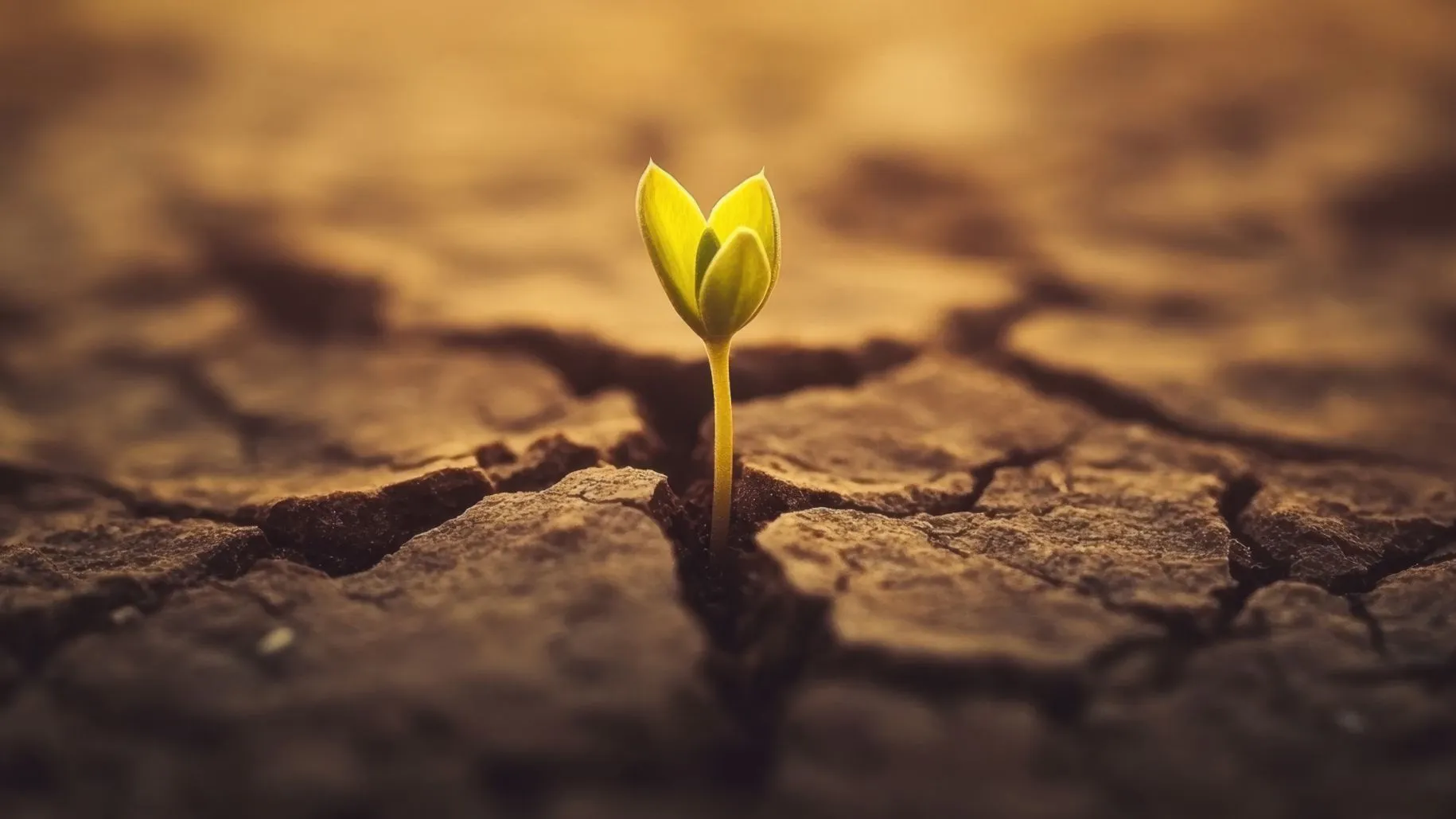
LVC News
- Accounting
- Accounting/MBA 3+1
- Actuarial Science
- Allwein Scholars
- Alumni Profiles
- Athletic Training
- Athletics
- Awards
- Biochemistry & Molecular Biology
- Biology
- Breen Center
- Business Administration
- Campus
- Chemistry
- Clinical Exercise Physiology
- Clinical Mental Health Counseling
- Community Service
- Computer Science
- Creative Arts
- Creative Writing
- Criminal Justice
- Data Science
- Digital Media
- Economics
- Education
- Engineering
- English
- Environmental Science
- Esports
- Exercise Science
- Faculty Profiles
- Gallery
- German
- Giving
- Graduate Studies
- History
- Honors
- Interaction Design
- International Business and Policy
- LVEP
- Marketing
- Mathematics
- MBA
- Medical Humanities
- Medical Laboratory Science
- Music
- Music Education
- Music Production
- Neuroscience
- Nursing
- Physical Therapy
- Physics
- Political Science
- Pre-Law
- Pre-Medical Professions
- Psychology
- Self-Designed
- Social Justice and Civic Engagement
- Sociology
- Spanish
- Speech-Language Pathology
- STEM Education
- Student Profiles
- Study Abroad
- Sustainability
- Transfer
- Undecided/Exploratory
Gen Z and Dating: Prioritizing Mental Health, Authenticity, and Meaningful Connections

Insights from Jeremy Goshorn
Generation Z, born between 1997 and 2012, is reshaping the dating landscape in ways that prioritize mental health, authenticity, and deeper connections. As digital natives, they navigate relationships in a world where technology and well-being are deeply intertwined, bringing a fresh perspective to romance.
Mental health has become a cornerstone of dating for Gen Z. A study by The Center for Generational Kinetics found that 84% of Gen Z respondents believe there is a mental health crisis in America, and this awareness has significantly influenced how they approach relationships. Unlike previous generations, many Gen Zers discuss their mental health early in dating to foster authenticity and connection. Lebanon Valley College’s assistant professor of psychology Dr. Jeremy Goshorn observes, “Gen Z generally sees discussion and disclosure of mental health needs as a normal component of early relationship formation.” However, he advises that these conversations need to be approached thoughtfully. “Unsuccessful, the disclosure may end up sharing worldview shattering, overwhelming information without sufficiently considering the listener’s needs. ‘Trauma dumping’ risks damaging a relationship.” He suggests that individuals prepare for these discussions by considering what information is necessary to share at different stages and by setting clear expectations with partners.
While dating apps remain an option, they are not the primary avenue for many Gen Zers looking for relationships. A recent Axios/Generation Lab survey found that only 21% of Gen Z respondents had used a dating app in the past month, indicating a preference for more organic connections. Instead, social media platforms like Instagram and TikTok have become important tools for showcasing interests and values. These platforms provide a low-pressure environment for initiating conversations, making them a preferred alternative for those hesitant to engage in traditional online dating. Goshorn notes, “Connecting with someone via Instagram or TikTok is often seen as less intimidating. The pressures placed on social media to ‘show’ aspects of an individual can lead to more time and effort placed on curating and managing these online spaces.”
The COVID-19 pandemic has also shaped Gen Z’s approach to dating, particularly in how they engage socially. Many formative social experiences were moved online, contributing to increased social anxiety when it comes to in-person interactions. Goshorn has observed this trend firsthand, “For many, this has impacted their confidence in engaging in social activities. In my experience, this group reports feelings of social anxiety at a higher rate than others.” Despite this, there is a growing movement within Gen Z to return to in-person connections, often facilitated through mutual friends or group activities. Many prefer these organic interactions, using initial online engagements as a bridge to real-world meetings.
Another distinguishing characteristic of Gen Z’s dating landscape is its openness to diverse relationship structures. While monogamy remains the most common choice, many Gen Zers are exploring non-monogamous arrangements, embracing LGBTQIA+ identities, and redefining traditional relationship norms. Goshorn states, “Gen Z is more willing to explore and navigate non-monogamy or new relational approaches, embrace and support LGBTQIA+ identities and queer intimacy, and accept diverse gender identities.” Their approach to relationships is characterized by inclusivity and a desire for partners who align with their values and identity.
Despite these progressive shifts, Gen Z still grapples with challenges in the dating world. The fear of rejection is a significant concern, potentially more so than for millennials, as highlighted in a recent Hinge report. This fear can discourage individuals from pursuing romantic relationships or initiating conversations. Goshorn emphasizes the importance of addressing these concerns, saying, “Mental health therapy can be a helpful tool in exploring, addressing, and working to overcome the fear of rejection in relationships.”
Ultimately, Gen Z is redefining dating by prioritizing mental health, authenticity, and meaningful connections. Their willingness to discuss mental well-being, their shift toward organic interactions, and their openness to diverse relationship structures all point to a generation intent on navigating romance in a way that aligns with their values. While they face challenges like social anxiety and fear of rejection, their commitment to holistic well-being and intentional relationships signals a new era in modern dating.




